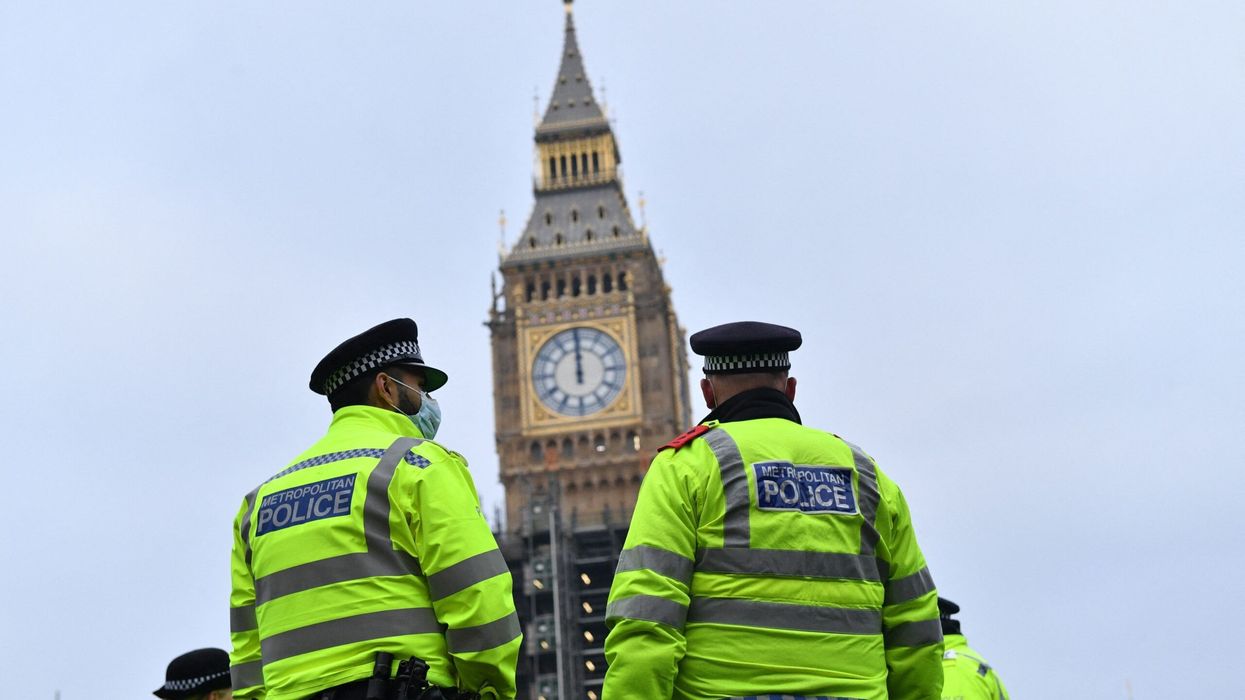London's police force is leaving children at risk of exploitation and should implement nearly a dozen reforms to improve, a damning report by Britain's law enforcement watchdog said on Friday.
The Metropolitan Police's response to the criminal and sexual exploitation of children is "not currently effective", His Majesty's Inspectorate of Constabulary and Fire and Rescue Services (HMICFRS) concluded in the 51-page report.
The inspectorate, which classes all under-18s as vulnerable because they are "less able to take care of themselves or protect themselves from exploitation", said it had found evidence of some good work by the Met to protect children.
But it added Britain's biggest police force was "not doing enough" and needed to improve both its practices and its police training.
The inspectorate examined 244 Met investigations and graded over half of them as "inadequate".
HMICFRS was particularly alarmed by the Met's ineffective response when children were reported missing, and its failure to investigate sufficiently when children were at risk of exploitation for sex or by other criminals.
It was so concerned about these particular shortcomings that it raised them publicly in October, before the inspection ended.
The HMICFRS also said police officers and staff used language that blamed the victims in dozens of instances.
It said the Met used different IT systems for different tasks which "weren't linked" up.
Many officers failed to understand "the links between missing children and exploitation".
And when children were reported missing, "many officers and staff don't understand the risk and simply wait for them to turn up".
The report cited the case of a 14-year-old girl -- deemed at risk of sexual and criminal exploitation by drug dealing networks -- reported missing by her foster mother.
The HMICFRS review found police efforts to trace her were "limited" and supervisors repeatedly said "her behaviour wasn't out of character".
It also noted "many missed opportunities to identify suspects and disrupt their activity, leaving children exposed to risk".
The inspectorate suggested 11 reforms.
The Met apologised, said the findings were "deeply concerning" and set out plans it said would urgently improve its response.
"We are putting more police resource into this area and retraining officers to have a better understanding of the complexities of child exploitation," Met Commander Kevin Southworth said. (AFP)




